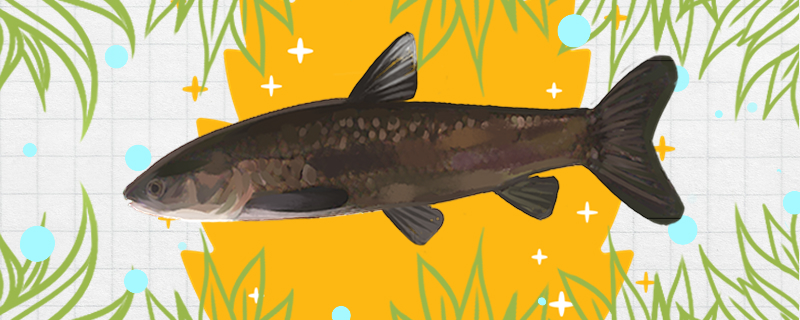
naturally? Herring is one of the fishes living in our country, and it is also one of the common species. Wild herring generally live in ponds, rivers and other freshwater basins, and the number is relatively large; in addition, the number of herring living in artificial breeding conditions is also relatively large. The natural reproduction of fish refers to the process of mating and reproduction automatically when the surrounding environment is suitable. Black carp also reproduce naturally.
Wild herring itself can reproduce naturally, of course, they can not reproduce naturally at all times, in order to reproduce, the surrounding environment needs to be suitable, otherwise their reproductive efficiency is relatively low. Specifically, water temperature is an important factor. Generally speaking, the water temperature and other environmental factors are more suitable from May to July, when the probability of breeding of wild herring is relatively high. Moreover, artificially raised herring can also reproduce naturally, but in order to improve efficiency, breeders often help them to reproduce artificially, because at this time the efficiency of reproduction is relatively high, and the hatching rate can also be guaranteed.
herring has been introduced above. Herring will breed when the environment is suitable, specifically from May to July every year. Generally speaking, the water temperature must be at least above 18 degrees for herring to reproduce successfully and hatch small fish. At this stage, herrings that have reached the right age will begin to reproduce. Male and female herrings lay eggs and sperm in areas where the current is more turbulent. They will move with the current, combine into fertilized eggs and hatch under the right conditions.
If the herring is artificially bred, there are many auxiliary measures that can be taken, such as injecting some oxytocin into the herring, preparing special food for them, keeping the surrounding environment suitable, and using artificial means to combine them after collecting sperm and eggs. These methods can make the breeding and hatching of black carp more efficient.